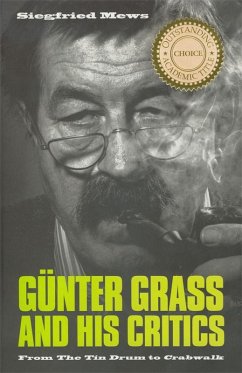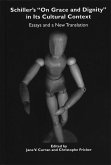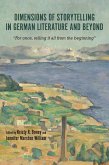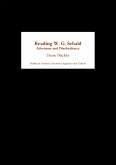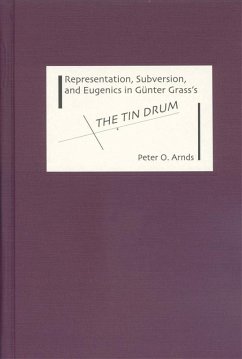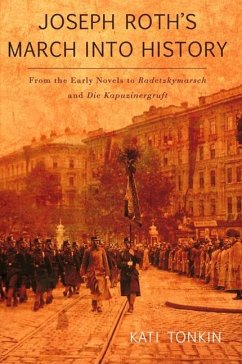A comprehensive narrative overview and analysis of the criticism of the controversial German author's works.
When the Swedish Academy announced that Günter Grass had been awarded the 1999 Nobel Prize for Literature, it singled out his first novel The Tin Drum (1959, English translation 1963) as a seminal work that had signaled thepostwar rebirth of German letters, auguring "a new beginning after decades of linguistic and moral destruction." Nearly fifty years after its publication, the novel's significance has been generally acknowledged: it is the uncontested favorite among Grass's works of fiction on the part of reading public and critics alike, yet its canonical status tends to obscure the decidedly mixed and even hostile reactions it initially elicited. Along with The Tin Drum, Grass's impressive body of literary work since the 1950s has spawned a cottage industry of Grass criticism, making a reliable guide through the thicket of sometimes contradictory readings a definite desideratum. SiegfriedMews fills this lacuna in Grass scholarship by way of a detailed but succinct, descriptive as well as analytical and evaluative overview of the scholarship from 1959 to 2005. Grass's politically motivated interventions in publicdiscourse have kept him highly visible, blurring the boundaries between politics and aesthetics. Mews therefore examines not only academic criticism but also the daily and weekly press (and other news media), providing additionalinsight into the reception of Grass's works.
Siegfried Mews is Professor of German at the University of North Carolina at Chapel Hill.
When the Swedish Academy announced that Günter Grass had been awarded the 1999 Nobel Prize for Literature, it singled out his first novel The Tin Drum (1959, English translation 1963) as a seminal work that had signaled thepostwar rebirth of German letters, auguring "a new beginning after decades of linguistic and moral destruction." Nearly fifty years after its publication, the novel's significance has been generally acknowledged: it is the uncontested favorite among Grass's works of fiction on the part of reading public and critics alike, yet its canonical status tends to obscure the decidedly mixed and even hostile reactions it initially elicited. Along with The Tin Drum, Grass's impressive body of literary work since the 1950s has spawned a cottage industry of Grass criticism, making a reliable guide through the thicket of sometimes contradictory readings a definite desideratum. SiegfriedMews fills this lacuna in Grass scholarship by way of a detailed but succinct, descriptive as well as analytical and evaluative overview of the scholarship from 1959 to 2005. Grass's politically motivated interventions in publicdiscourse have kept him highly visible, blurring the boundaries between politics and aesthetics. Mews therefore examines not only academic criticism but also the daily and weekly press (and other news media), providing additionalinsight into the reception of Grass's works.
Siegfried Mews is Professor of German at the University of North Carolina at Chapel Hill.
Dieser Download kann aus rechtlichen Gründen nur mit Rechnungsadresse in A, D ausgeliefert werden.

